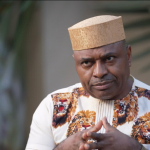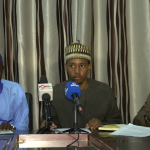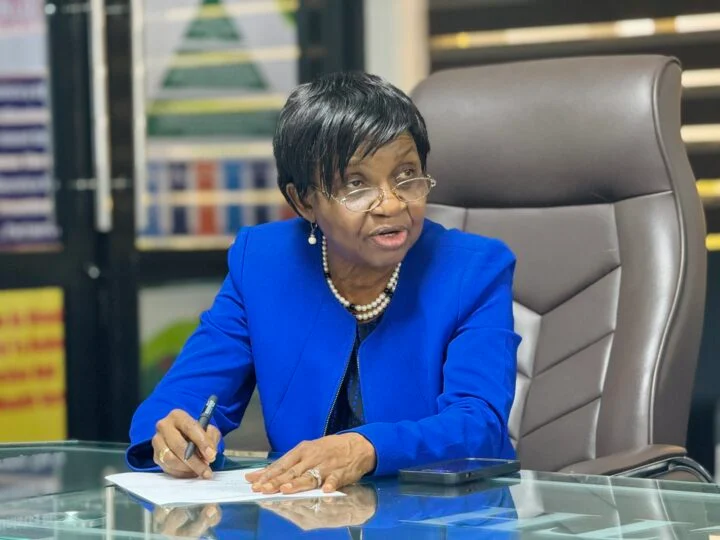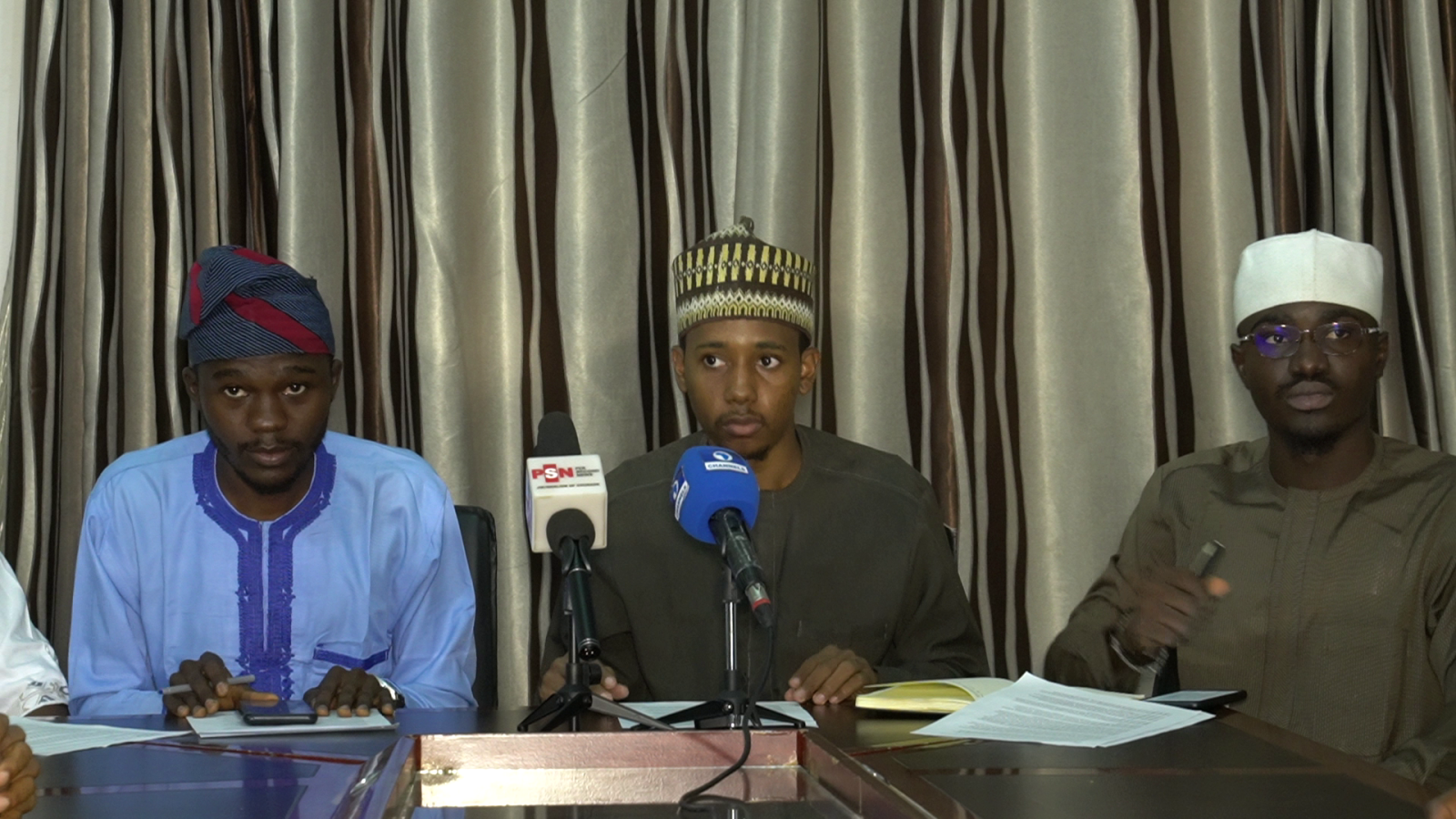The latest grid collapse, the second in 24 hours, has resulted in a nationwide blackout that has left Nigerians reeling amid a torrent of outrage and frustration.
The nation’s relentless power struggles are exacting a devastating toll on livelihoods and morale, and Nigerians are demanding action.
The grid collapse on Monday evening highlighted the ongoing issues with Nigeria’s electricity infrastructure.
Persecondnews recalls that this is the sixth incident of this nature in 2024.
Just hours after the blackout on Monday, Nigeria’s power infrastructure collapsed for the seventh time on Tuesday morning, which is a concerning development.
Mr. Nathaniel Ndayako, a businessman, expressed his frustration with the frequent grid collapses during an interview with a Persecondnews correspondent in Abuja.
Describing the situation as abysmal and unacceptable, Ndayako expressed his regret that Nigeria’s ongoing debilitating power outages, which he unequivocally characterized as a national embarrassment, persisted in defiance of the country’s substantial investment in electricity.
Despite 64 years of independence, he said:”It is a national embarrassment that we continue to experience power outages. Previous administrations allocated substantial funds to the power sector, raising questions about where these resources ended up.
“A comprehensive examination and investigation of the Ministry of Power from 1999 to the present is long overdue. I frequently wonder if there is an individual, somewhere, who is financially benefiting from our ongoing power struggles and is thereby motivated to preserve the status quo.
Ndayako suggested that the main generator manufacturing companies may have a vested interest in Nigeria’s persistent power struggles when prompted to elaborate.
Mr. Usman Dada, a resident of Lugbe in Abuja, also expressed concerns about the blackout and urged the government to address the underlying causes of the frequent grid failures.
Dada acknowledged a substantial increase in power output over the past three months, but he underscored the necessity for the government to prioritize the development of a permanent solution to recurring grid collapses in order to maintain this progress.
He stated, “I am dedicated to the practice of objective criticism, which involves the recognition of both the successes and the shortcomings of the government.”
“It is important to note that power output has increased significantly since July, despite the fact that some have attributed it to seasonal factors.”
“However, individuals have a propensity to disregard their previous accomplishments in the face of minor setbacks. Consequently, I encourage the government to maintain their momentum.”
A civil servant who requested anonymity,said Nigeria’s huge population requires a substantially greater number of generating stations than the current 23.
She emphasized that even some of Africa’s less populous nations have more extensive power generation infrastructure than Nigeria.
She said: “Nigeria’s leadership must recognize the critical significance of stable electricity, particularly in light of its extensive repercussions on critical sectors.
Consider the potential consequences of catastrophic disruptions in government hospitals that depend on electricity to operate life-support systems, incubators for newborns, and surgical procedures. Are you cognisant of the catastrophic repercussions that frequent power outages can have on hospitals?
“The consequences are immense, jeopardizing the safety of patients and the capacity of medical personnel to deliver effective care. We should not even consider the potential consequences for critical industries, including manufacturing, finance, IT, aviation, and perishable food businesses.
“I personally witnessed the pinnacle of effective power management during my 2022 stay in Alabama, USA. The local utility companies would provide a two-month advance notice for a mere 20-minute power outage.”
She urged the federal government to undertake a fact-finding mission to countries with stable electricity in order to address Nigeria’s perennial power problems.
























Leave a comment